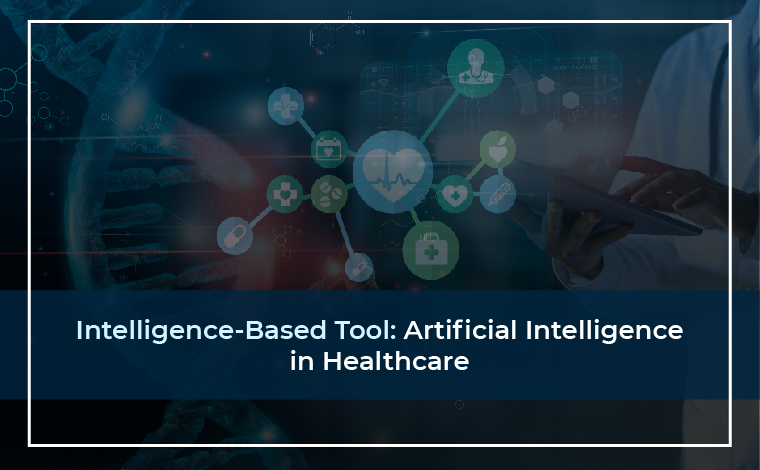


The real-world use of Artificial Intelligence (AI) in healthcare inspires us to adopt AI methodologies actively. The aim is to create a transformative paradigm for the healthcare and medical sectors by leveraging emerging technologies.
Many researchers place considerable emphasis on how AI can streamline healthcare operations. For instance, AI-driven tools enhance diagnostic accuracy and prognosis, serving as significant aids in care planning.
The notable advantages of AI have led scientists to believe that it can become an essential component of healthcare services in the near future, offering vital functionalities across various clinical areas.
This belief has spurred both technology companies and government entities to develop AI tools and invest in medical applications. As a result, patients stand to benefit from innovative AI-based solutions, being among the first to experience these advancements. Moreover, how patients perceive these tools can significantly influence their integration into clinical care.
However, it’s crucial to ensure that AI-based tools are safe for patients. Before implementing such advanced technologies in direct patient care, all associated risks and concerns must be thoroughly addressed.
This leads to an essential question: How can an artificial tool effectively imitate human capabilities and offer assistance? The technology behind these advancements is truly extraordinary.
AI tools are designed to replicate human cognitive functions, supported by vast amounts of clinical data and rapid advancements in analytical techniques.
With numerous potential applications, AI can integrate into healthcare in various ways. Common methods include machine learning techniques for structured data, such as Neural Networks and deep learning, as well as unstructured data processing.
**Impact of AI in the Healthcare Sector:**
AI can employ sophisticated algorithms to extract insights from healthcare data, thereby supporting clinical care. Furthermore, these tools can help minimize inevitable human errors in therapy and diagnosis.
Additionally, AI can gather valuable insights from expansive patient populations to inform risk assessments or predict health outcomes. However, before these AI systems can be integrated into clinical applications, they need to be trained on previously collected medical data.
Through this training process, the tools learn to recognize and understand patterns across similar patient groups. Major data sources include comprehensive physical examination records and clinical laboratory results, which can be converted into analyzable text. This allows AI to process the information and create understandable electronic medical records (EMRs) for further evaluation.
But what about the devices? In medical applications, AI devices typically fall into two categories: machine learning-based analysis of structured data like imaging and natural language processing (NLP) techniques that extract information from unstructured data, such as medical notes.
Interestingly, the cognitive ecosystem that these unique tools represent, paired with predictive and corrective architectures, can effectively emulate human-like thought processes on computers.
Despite the extensive literature on AI in healthcare, research has often concentrated on a limited number of diseases, particularly cancer, neurological disorders, and cardiovascular issues. However, as technology evolves, so do the tools, leading to increased research across a broader range of diseases.
Among these advancements, Simbo stands out as a groundbreaking upgrade in healthcare, showcasing its ability to mimic human behavior and meet the demands of clinical operations.
**Final Thoughts:**
The AI-powered tools behind Simbo are exceptionally equipped to assist doctors in their daily tasks, enhancing patient care significantly.
With a voice-activated doctor assistant and a digital helper, Simbo provides real-time support to patients requiring immediate attention, embodying human-like thought processes. Embrace Simbo to experience the future of healthcare.